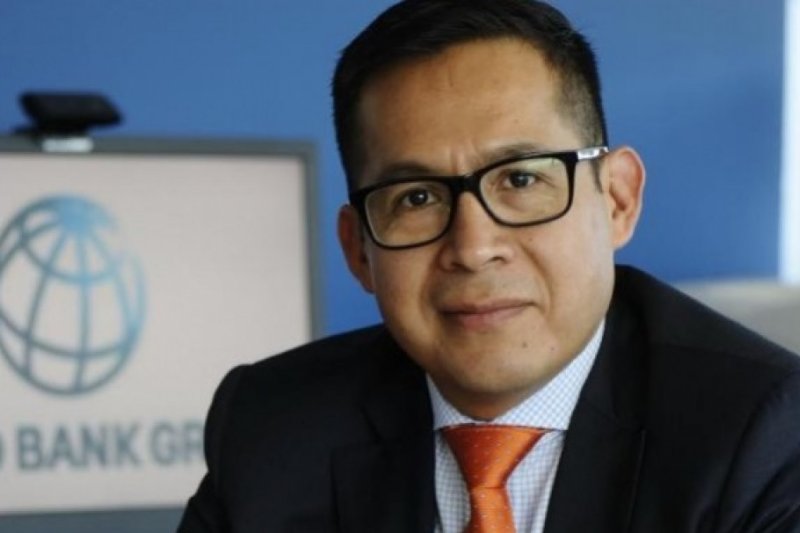Albania's Largest Challenge, Human Capital
The outgoing manager of the World Bank in Albania Emanuel Salinas said in an interview for "Monitor" that the government should improve the current human capital of the country and cultivate the human capital of the future.
From December 1, Salinas was appointed as the World Bank representative in Iraq. From now on, he misses the security and freedom of Tirana, where he could enjoy a quiet coffee. So he urges everyone in Albania to stop for a moment and enjoy the freedom and many blessings that this wonderful country offers.
“We live in uncertain times and it is difficult to predict the direction and impact of external factors such as geopolitical upheavals and climate change. But I think Albania has had prudent fiscal management over the past few years (including maintaining a downward trajectory of debt, increasing revenues, and maintaining a prudent approach to spending),” said Salinas.
“This means that the country is relatively well positioned to respond to shocks in the short term. In the longer term, it will be really important to ensure that the country's economic transformation (toward a more productivity-based economy) is accelerated and the risks from exposure to climate change are softened. These issues are well analyzed, so we don't need to start from scratch to understand what needs to be done. The sooner we act together, the better it will be,” Salinas noted.
Regarding the priorities and challenges that Albania must address shortly, Salinas said that every country faces numerous challenges on its development path. "But there is a particular challenge that I think will be essential for Albania, which will determine its potential to grow from a middle-income economy to a high-income economy. This challenge is related to the improvement of human capital and includes two dimensions: The first dimension is to ensure that Albania's current human capital is used in the best possible way. This means that all those of working age or close to it have a fair chance to be productive and have well-paid jobs,” Salinas noted. “To achieve this, it is necessary to improve childcare provision and extend school hours so that parents (but especially mothers) have the opportunity to be economically active. We estimate that this measure alone can increase Albania's GDP by more than 5%. Also, we must make sure that the young people of Albania are engaged in productive activities, either in formal employment or in education (currently, almost a quarter of young people are neither at work nor in school). To do this, we need to improve employment services by better-connecting employers with job seekers, improving vocational education to provide young people with the skills required in the labor market,” the outgoing director said.
According to Salinas, the second dimension is to cultivate the human capital of the future, so that children grow up to lead healthy and productive lives. “I was saddened by the PISA results for Albania. These are standardized scores for many countries and measure the performance of school systems in preparing students. If it were up to me, I would focus all efforts on promoting a radical improvement of the education system, from early education to higher education. In my opinion, the three highest priorities for any country should be: education, education, education,” he noted.













